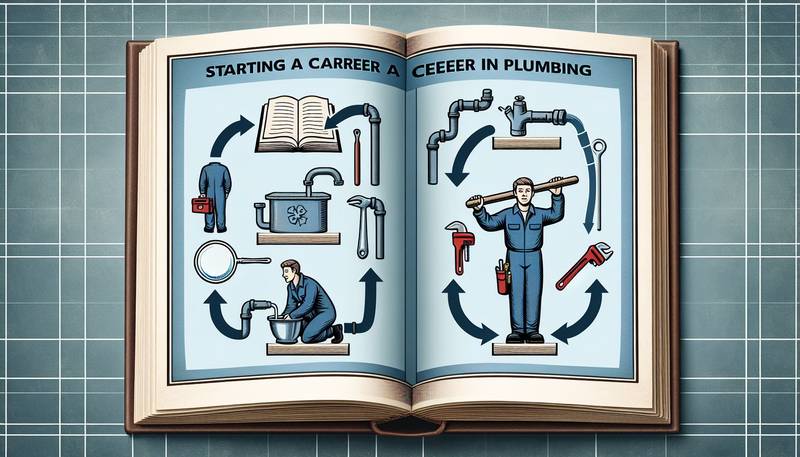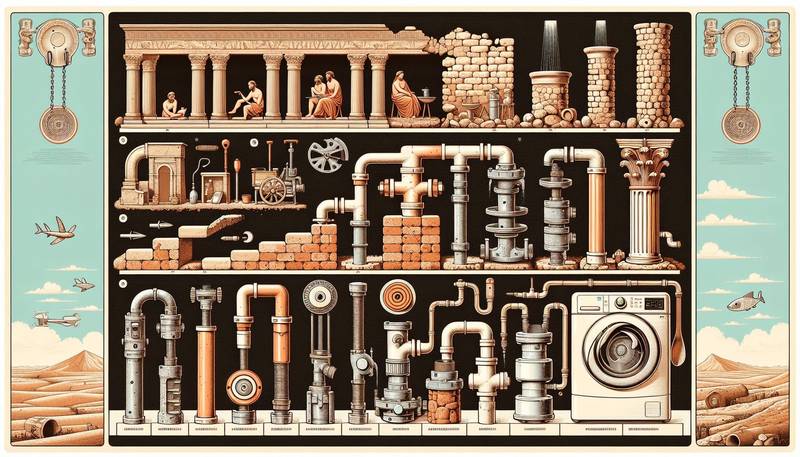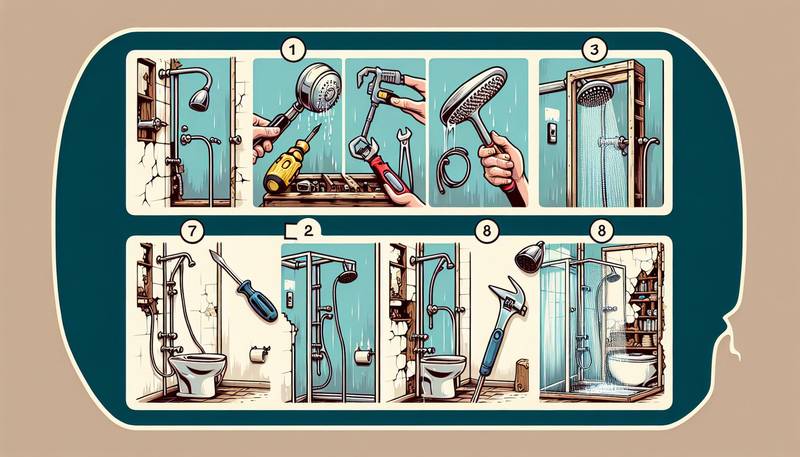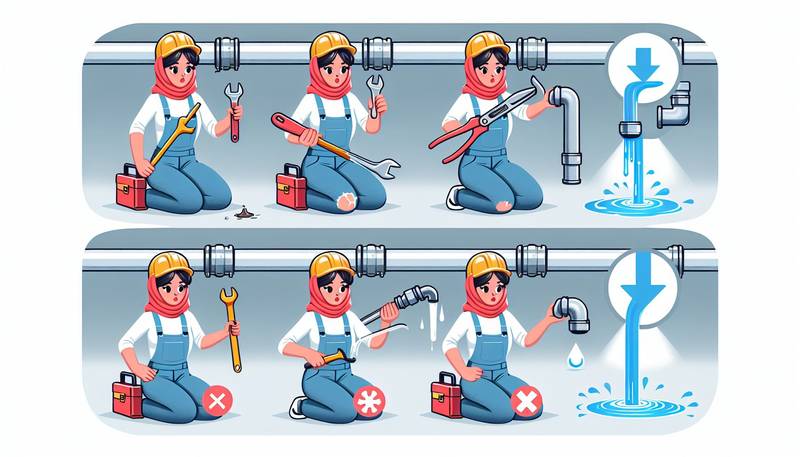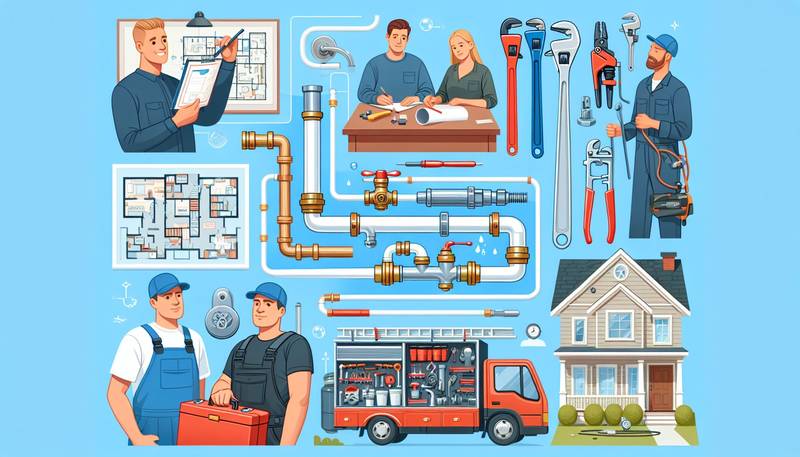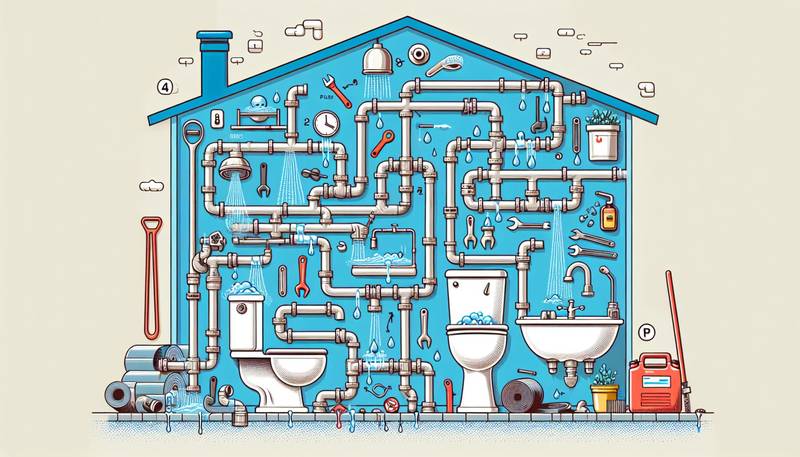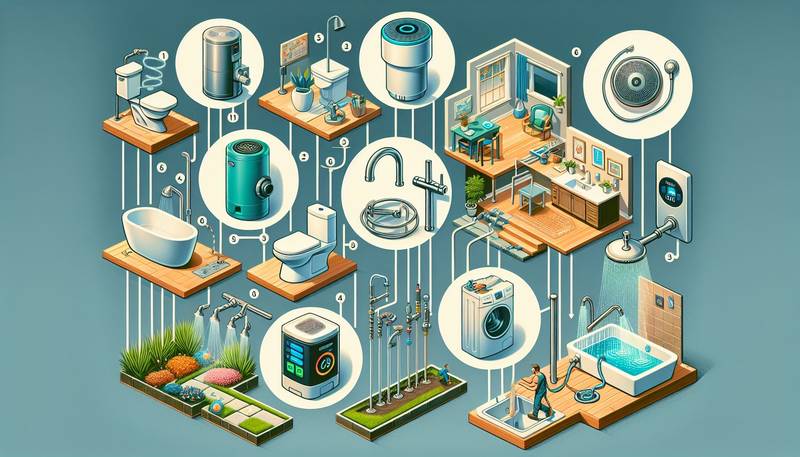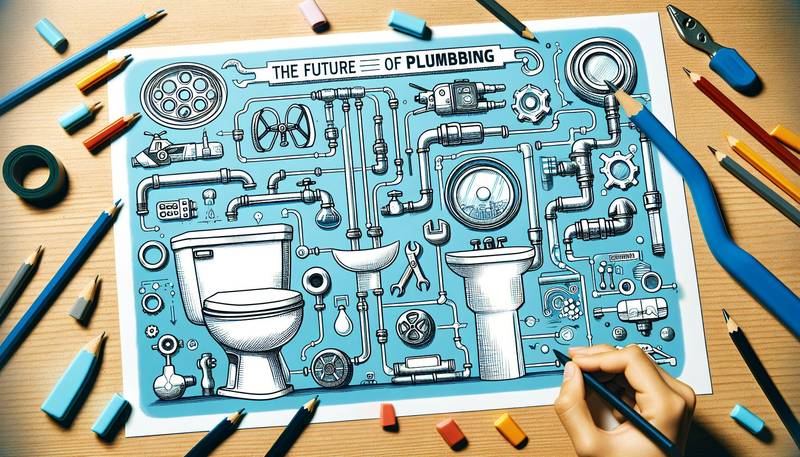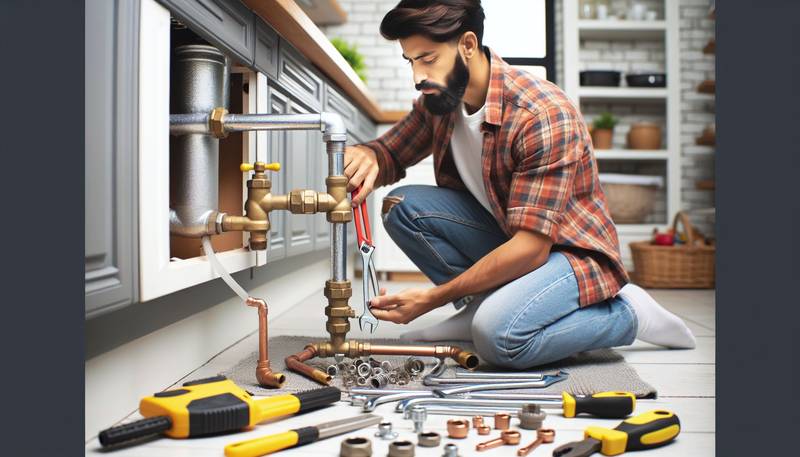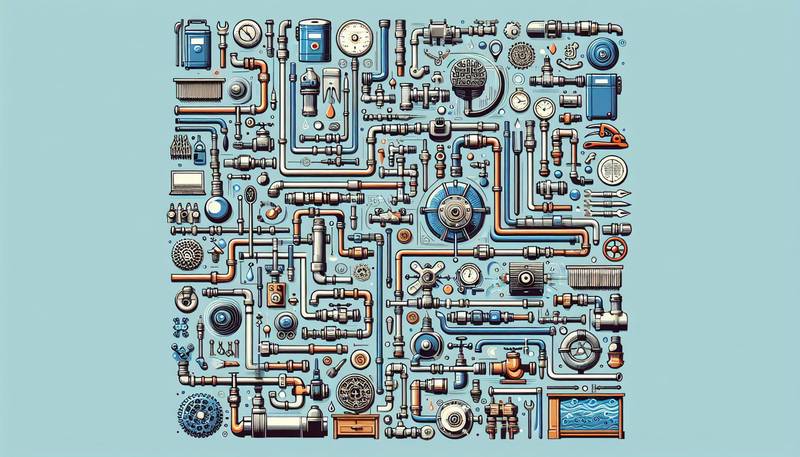How to Start Your Career in Plumbing: A Step-by-Step Guide
However, getting started can be overwhelming, especially if you’re unsure of the steps you need to take. This step-by-step guide will help you navigate the process of starting your career in plumbing and set you on the path to success.
Education and Training
One of the first steps to starting a career in plumbing is to obtain the necessary education and training. While a high school diploma is typically the minimum requirement, many plumbers choose to pursue further education in the form of a vocational program or an apprenticeship.
Vocational Programs
Vocational programs are a great way to gain the skills and knowledge needed to become a plumber. These programs typically last anywhere from six months to two years and cover topics such as pipefitting, drafting, and plumbing codes. Some vocational programs also offer hands-on training, which can be valuable in preparing you for a career in plumbing.
Apprenticeships
Another popular way to kickstart your career in plumbing is through an apprenticeship. Apprenticeships typically last anywhere from four to five years and involve a combination of on-the-job training and classroom instruction. During your apprenticeship, you will work alongside experienced plumbers, gaining valuable skills and knowledge that will help you succeed in the field.
Licensing and Certification
Once you have completed your education and training, the next step is to obtain the necessary licenses and certifications to work as a plumber. Licensing requirements vary by state, so be sure to check with your state’s licensing board to determine what is needed in your area.
Journeyman License
In most states, plumbers are required to obtain a journeyman license before they can work independently. To obtain a journeyman license, you will need to pass a written exam and demonstrate a certain level of experience in the field. Once you have obtained your journeyman license, you will be able to work on your own and take on more responsibility.
Master Plumber License
For those looking to take their career to the next level, obtaining a master plumber license is the next step. Master plumbers have more experience and training than journeyman plumbers and are able to take on more complex projects. To become a master plumber, you will need to pass a more advanced exam and demonstrate a higher level of expertise in the field.
Building Your Reputation
Building a strong reputation is essential for success in the plumbing industry. Providing excellent customer service, delivering high-quality work, and maintaining a strong work ethic can help you build a positive reputation in the community. Word-of-mouth referrals are a powerful tool in the plumbing industry, so be sure to provide exceptional service to every customer you work with.
Continuing Education
The plumbing industry is constantly evolving, with new technologies and techniques emerging all the time. Continuing education is essential for staying current with industry trends and ensuring that you have the skills and knowledge needed to succeed. Consider taking courses, attending workshops, and staying up-to-date on the latest developments in the plumbing industry to stay ahead of the curve.
Conclusion
Starting a career in plumbing can be a rewarding and fulfilling path. By following this step-by-step guide, you can lay the foundation for a successful career in the plumbing industry. With the right education, training, and dedication, you can build a reputation as a skilled and knowledgeable plumber and enjoy a long and prosperous career in the field.
